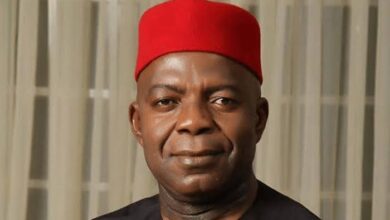5 reasons you feel dizzy after exercise

Feeling dizzy after exercise can be caused by a variety of factors, including overexertion, dehydration, low blood sugar, and underlying health conditions. Here are five possible reasons why you might feel dizzy after exercise:

Overexertion: Pushing yourself too hard during physical activity can lead to dizziness, feeling faint, lightheadedness, nausea, shortness of breath, thirst, and vomiting.
Dehydration: When you exercise, your body temperature rises, and you sweat to cool itself down. You can lose a lot of water during intense exercise, especially if it’s a hot day. In addition to dizziness, you may experience lightheadedness, dry mouth, extreme thirst, and fatigue.
Low blood sugar: Your muscles eat up a lot of oxygen when you exercise, and your breathing and heart rate increase so that more oxygenated blood can flow into your muscles. If you aren’t breathing enough during or after exercise, your heart may not be pumping enough oxygenated blood into your brain, and dizziness can occur whenever the brain is starved for oxygen.
Use of continual motion machines: The type of exercise you do may influence whether you feel dizzy. For example, using an elliptical machine or a treadmill, which both involve continuous movement, is more likely to cause dizziness.
Underlying health conditions: Feeling dizzy after exercise may indicate an underlying condition that requires treatment. Common causes of dizziness include inner ear issues, such as benign paroxysmal positional vertigo (BPPV), and cardiovascular problems, such as coronary heart disease and atrial fibrillation.
If you experience dizziness after exercise, it’s important to take a break, sit down, and drink water. If the dizziness persists or is accompanied by other symptoms, such as chest pain or shortness of breath, seek medical attention.



